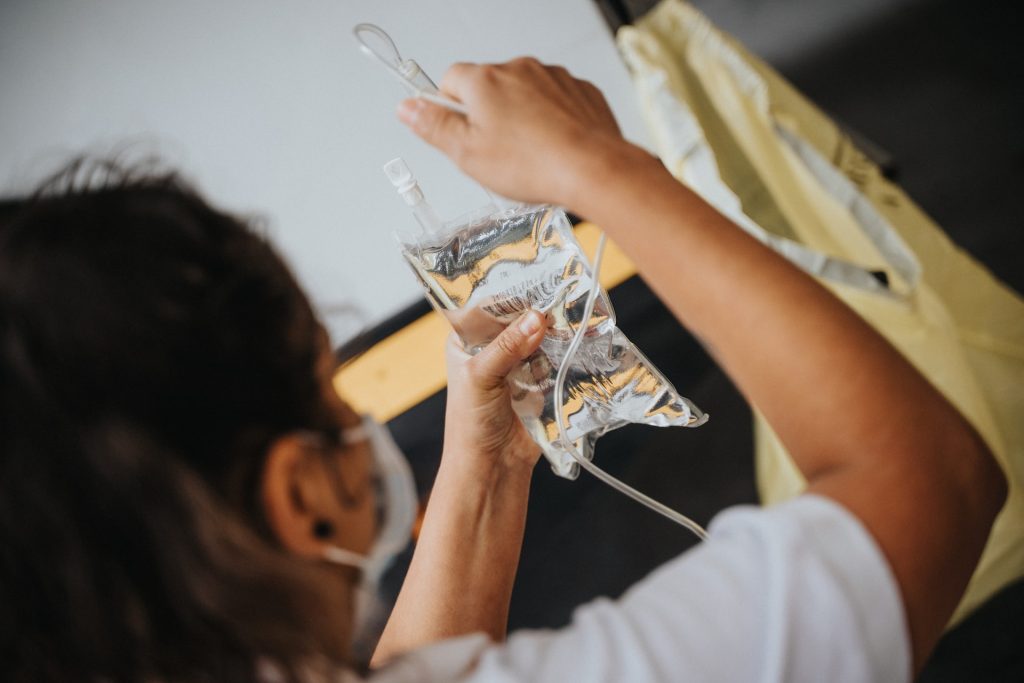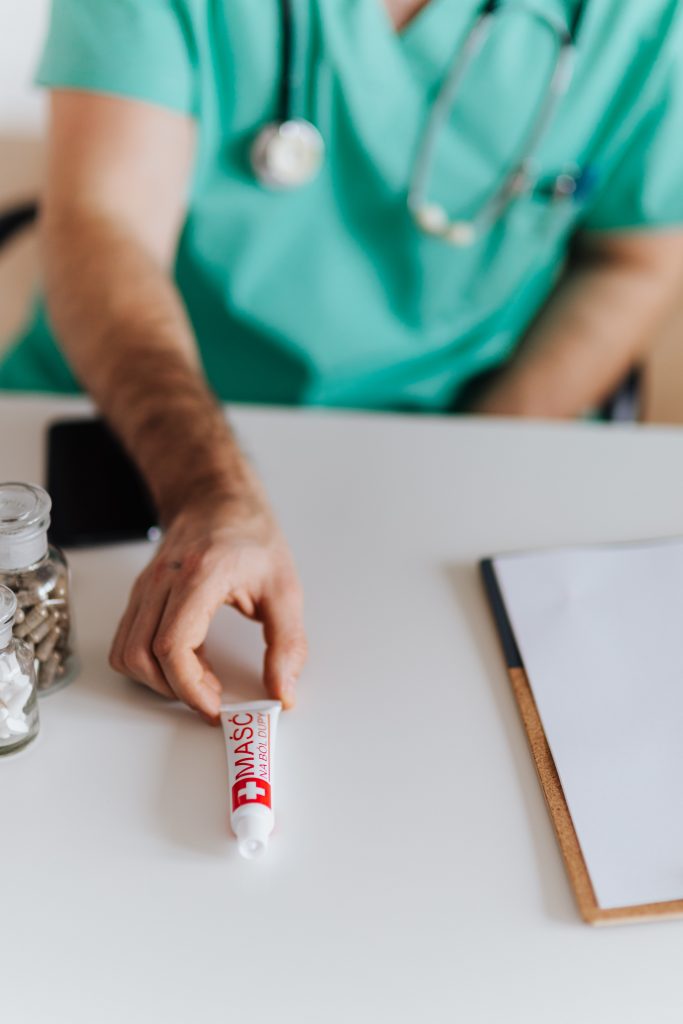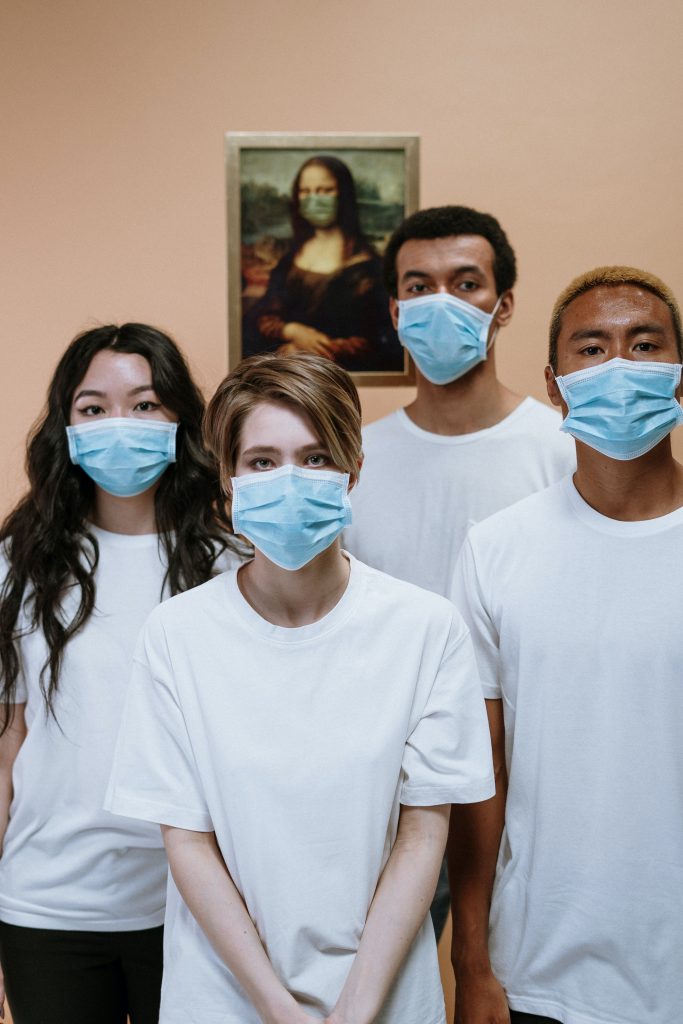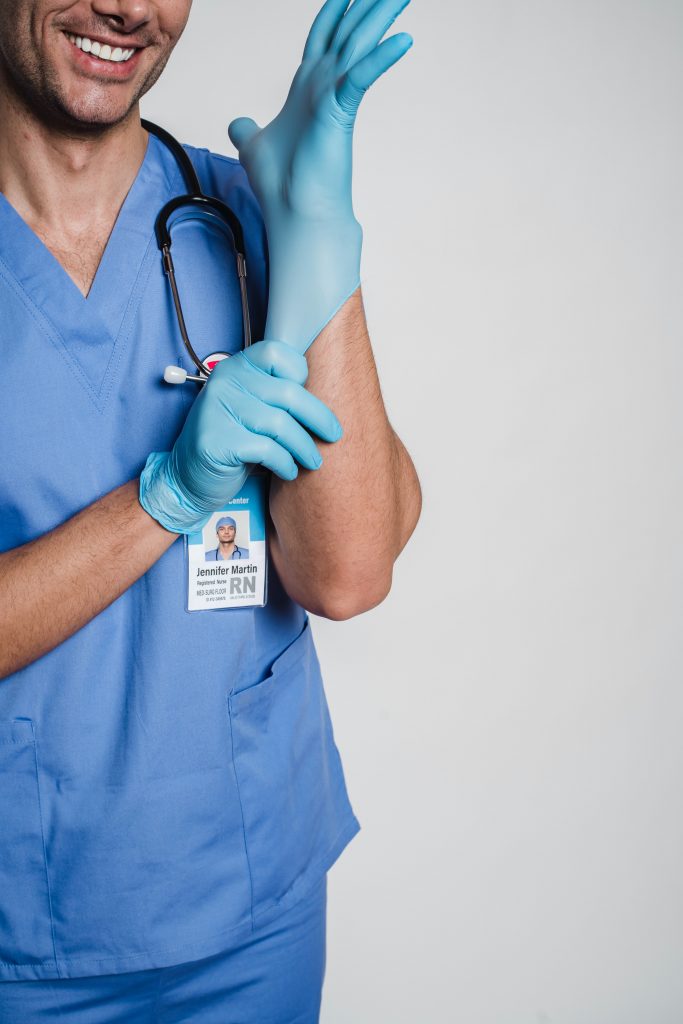In the field of nursing education, the traditional methods of teaching and learning are continually evolving to meet the demands of a rapidly changing healthcare landscape. One such innovative approach that has gained prominence is narrative pedagogy. This article will delve into the concept of narrative pedagogy, explore how it works, and highlight its advantages for nursing students in Malaysia. Click rcsiucd.edu.my to learn more.
What is Narrative Pedagogy?
Narrative pedagogy is an educational approach that focuses on the power of storytelling to enhance learning and understanding. It recognizes that nursing is a practice deeply rooted in human experiences and emotions. By integrating personal stories and narratives into the educational process, students are engaged on a deeper level, allowing them to develop empathy, critical thinking, and problem-solving skills.
How Does Narrative Pedagogy Work?
Narrative pedagogy employs various techniques to facilitate learning in nursing education. One key aspect is the use of patient narratives or case studies, where students analyze real-life scenarios to gain insights into the complexities of healthcare delivery. These narratives provide a holistic view of patients’ experiences, helping students understand the emotional, cultural, and social aspects of care.
Another essential component of narrative pedagogy is reflective practice. Students are encouraged to reflect on their own experiences and emotions, allowing them to better understand their reactions and biases. This self-reflection helps develop self-awareness and promotes lifelong learning.
Furthermore, narrative pedagogy promotes collaborative learning. Students engage in group discussions and shared storytelling, fostering a supportive learning environment where different perspectives and experiences are valued. This collaborative approach encourages critical thinking, communication skills, and teamwork, all essential qualities for nursing professionals.

The Advantages of Narrative Pedagogy for Malaysian Nursing Students
- Enhanced Empathy and Cultural Sensitivity: By immersing themselves in diverse patient narratives, Malaysian nursing students gain a deeper understanding of cultural, social, and emotional factors that influence patient care. This fosters empathy, leading to improved patient outcomes and culturally sensitive nursing practices.
- Critical Thinking and Problem-Solving Skills: Through the analysis of patient narratives, nursing students develop critical thinking skills, enabling them to assess complex situations and make informed decisions. This empowers them to tackle challenges effectively in real-world healthcare settings.
- Personal and Professional Development: Narrative pedagogy encourages self-reflection and personal growth. Students learn to recognize their own biases and emotions, leading to increased self-awareness and professional development. This holistic approach prepares them to handle the emotional demands of nursing practice.
- Collaboration and Communication: Narrative pedagogy emphasizes collaborative learning, fostering effective communication and teamwork among nursing students. This prepares them for interdisciplinary collaboration and enhances their ability to work in diverse healthcare teams.
Conclusion
Narrative pedagogy is a powerful and innovative approach to nursing education, providing Malaysian nursing students with a range of benefits. By integrating storytelling, reflective practice, and collaborative learning, this method enhances empathy, critical thinking, and communication skills. Malaysian nursing programs should embrace narrative pedagogy to ensure the holistic development of nursing professionals capable of meeting the evolving healthcare needs of the nation.





